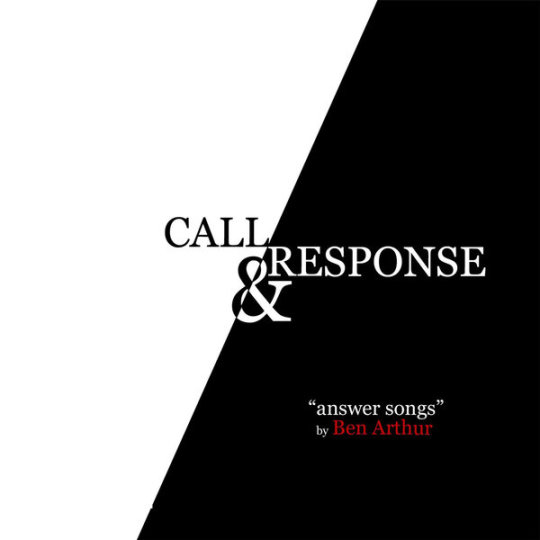
For the last few years I’ve been working on a series of “answer songs” responding to work by other artists. I love the project for a lot of reasons, but especially because writing an answer song removes, with surgical efficiency, the existential dread I often feel starting a new piece. There’s no need to contemplate the blank screen’s yawning infinity, as emotions, characters, and stories are already in situ. All I have to do is figure out an angle of attack.
I had already exchanged a few e-mails with George Saunders before I started on the answer song to his short story “The Semplica Girl Diaries,“ but when we spoke about the song I was justifiably nervous. To me, a conversation with Saunders about his brilliant short story collection Tenth of December is like exchanging letters with Hemingway about The Sun Also Rises.
The easy balance of “The Semplica Girl Diaries” is breathtaking. The humor and tenderness of the narrator, a father with young children, counters the story’s dystopian setting, in which women from third world countries are being used as lawn ornaments. And this nearly-absurdist science fictional premise is itself balanced by a jarring sense of familiarity. Perhaps most astounding is that the intent of the story—a fable about the dark realities of global capitalism, inequity, and personal materialism—is unambiguous without being heavy-handed.
I emailed Saunders a rough recording of the first verse and chorus I had written. Happily, he liked the approach. In an email he told me about some of his early drafts of the story. He said that my chorus (“I say please/Come back to me”) was fitting, as initial versions of the story had the Semplica Girls returning to the narrator. I used some of his description in the second verse (“Filthy, starving, freezing/Feverish, on fire”), but was still stuck on what to do about the bridge.
I sat on the song, distracted by all of the things that distract when a piece has stalled. To my delight and relief, a month later Saunders sent me lyrics for the bridge (“I was blind but now I see/Only I can set you free”). I got him a recording the same day, and he suggested a return of the bridge lyric, modified slightly, beneath the chorus (“I was blind but now I see/Only you can set me free”).
You can take a listen here; the first 100 downloads are free.




